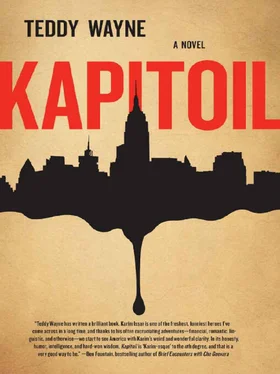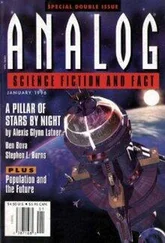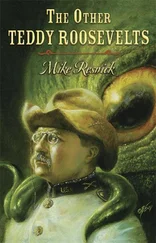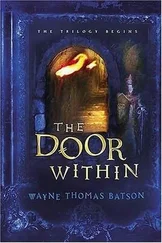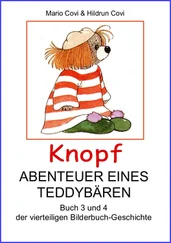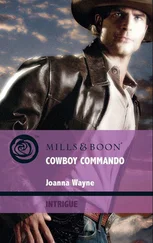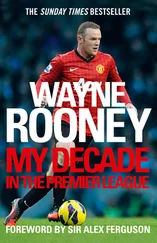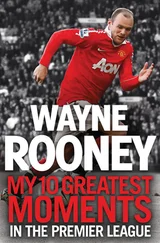I walk down the steps and feel all of Mr. Schrub’s friends observing me as if they are a wall of security cameras. He pats the seat next to him like it is a dog, and I sit down. Then he quietly explains the meaning of the term “nosebleeds,” and I also laugh now, because it is a clever application of language.
Mr. Schrub asks if I know much about baseball. I tell him I am trying to learn.
The Yankees hit efficiently and soon have players on second and third base with one out. One of Mr. Schrub’s friends, who must blend something into his gray hair because it looks like silver, says, “Cox has to have Smoltz walk Williams here to pitch to Martinez and set up the double play.”
Mr. Schrub says, “It’s a given, with one out.”
I access the statistics of the players they are discussing and note that:
1. The Yankees player Bernie Williams does not perform well against right-handed pitchers;
2. but Tino Martinez does, and the Braves pitcher John Smoltz is right-handed.
3. In addition, I previously memorized a sabermetrics table of how many runs are expected to score in 24 different game situations dependent on the number of outs and how many players are on base;
A.and in the current situation a team is expected to score 1.371 runs;
B.but if the Braves walk Williams and load the bases with one out, the Yankees are expected to score 1.546 runs.
4. Therefore, even though it appears to be the safe move, Mr. Schrub and his friend are advising a statistically unsound maneuver. Their strategy is understandable, however, as my line of thinking is unconventional, because it employs tangential statistics most observers ignore.
Mr. Schrub explains the situation, even though I already understand it. “See how it makes sense, even though in the short term it looks worse?”
“Possibly it is an error,” I say, although I intended to remain mute, but when I see an error in logic I find it difficult not to correct it.
“What do you mean?” Mr. Schrub asks.
“He’s confusing fielding errors,” his friend says. “See, they’re walking Williams. Cowards!” Then he makes a sound like a cow to express his frustration.
Now that I’ve already said a little, I decide I should express the complete idea, so I explain it to Mr. Schrub.
“Hmm” is all he says.
Tino Martinez hits a ball to the first baseman. It angles off his foot and two runs score for the Yankees. Then another Yankees player singles and Williams scores, which was possible only because the Braves walked him.
When the inning is over, Mr. Schrub introduces me to his friend and adds, “Karim’s one of our brightest young minds downtown. And I don’t count a single error in that statement.”
Those words will go in my archive of important recordings.
Mr. Schrub also teaches me how to “score” the game, which is why he was recording notes on a specialized paper. It is similar to tracking the stock market with various indices, and I learn quickly.
In the fourth inning Mr. Schrub says to me, “I could use some real ball-game food — none of this sushi crap. What do you say to a couple of dogs?”
I know “dogs” are not real canines, but I’m uncertain what they are, so I nod. He turns and waves from his seat to the black man in the tuxedo inside.
“Can you scrounge up two hot dogs?” Mr. Schrub asks as he pays the man $20, and now I recognize the term from street vendors.
The man leaves, and later he returns with two sausages in elongated bread inside a paper box. “Keep the change,” Mr. Schrub says as he transfers one of the sausages to me.
I look at the red cylinder of meat in my hands. Of course I can’t eat it, but I also don’t want to offend Mr. Schrub and his gift.
I bring the hot dog closer to inspect it. The scent is like something burning flavorfully, and my stomach wants me to consume it, and my tongue wants me to taste it, and even my eyes find it delicious, and maybe Allah will be careless of a solitary offense.
But I can’t do it.
Then Mr. Schrub says, “My God, what was I thinking?” He takes the hot dog from me. “I’m sorry, Karim. I can’t believe I forgot.”
He gives me a napkin so I can clean my hands. “I’ve got an idea,” he says, and he waves to the black man again. He hands him another $20 bill. “A bag of Cracker Jack,” he says. “Actually, make it two.”
He puts his own hot dog in the box and sets it on the concrete. “This probably isn’t the healthiest option anyway,” he says. “Who knows where this meat came from.”
The Cracker Jack is like sweet rocks that divide easily when I bite and I’m pleased I’m not offending anyone, although at the end I wish I didn’t eat it so rapidly.
For the rest of the game Mr. Schrub introduces me to some of his other friends, who are all more friendly to me than the man with mirroring hair. When we are alone again, Mr. Schrub whispers to me, “Nice people, but most of them could give a damn about who’s out on the field.”
The Yankees win, as I predicted, as they have the best and most expensive team. The players crash into each other and all the fans dance and Mr. Schrub and some of his male friends hug and clap and cheer. Then the friend with the silver hair says, “We have to sign a bigger bat in left field next year.” He and Mr. Schrub consult about other ways to enhance the team. In some ways they’re not enjoying their team’s success right now, but that’s also why Mr. Schrub is so successful: He’s never satisfied with mere achievement and is always thinking outside the box.
The Yankees player Paul O’Neill, who did not perform well in the game, covers his face as he walks off the field because he is crying.
Mr. Schrub is also watching Paul O’Neill, and as the other men around us talk he appears to be unfocused, but then someone asks him something and he resumes talking.
While the Yankees players and manager and their employer make speeches on the grass about how they took every game in singular quantities and labored at over the 100 % efficiency threshold, which is illogical but no one corrects them, Mr. Schrub says we should defeat the traffic and invites me to ride home in his car.
Mr. Schrub’s car is an actual limo. His driver, who is white, which surprises me, because every salaried driver I’ve seen in New York is not white, opens the door for us. Mr. Schrub says, “How was the seat, Patrick? Good view?”
“Very good, Mr. Schrub,” he says.
Mr. Schrub and I sit on opposite sides, and I’m the one riding backward, which I’ve never done in a car. It feels like I’m disappearing from the baseball game and the crowd, which is positive, because I was feeling bottlenecked and the bottoms of my shoes have much food and gum attached to them. Even guests in the luxury suite deposit their trash on the ground.
Mr. Schrub asks if I enjoyed the game. “I did. Thank you for inviting me, Mr. Schrub.” Then I add, “I apologize for not thanking you before.”
He smiles. “You’re very polite, aren’t you?” I don’t know how to respond to this without in fact sounding impolite, so I only reciprocate a smile. “I wish my sons were like that. I tried my hardest to raise them without a sense of entitlement, but…”
“It is difficult to raise children under any circumstances,” I say. “I suppose,” he says. “Maybe it’s my fault. No one could accuse me of spending too much time at home while they grew up. Looks like your parents did a good job, though.”
“It was difficult for them as well.”
“How so?”
I don’t want to stimulate pity from him, or from anyone, but I think maybe telling him this will make him feel enhanced about his own family, so I say, “My mother died when I was younger, so my father raised my sister and me independently.”
Читать дальше
